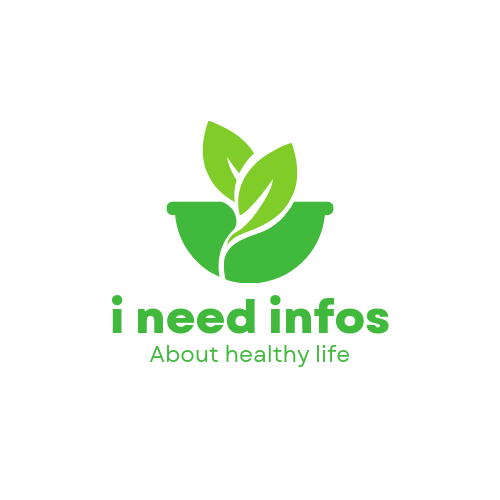What time of day is ideal for drinking coffee?
Millions of people worldwide enjoy coffee as their preferred beverage and an essential component of their daily morning routine.
Additionally, a lot of people start drinking coffee as soon as they get up, which experts have proven is "unsound."
 |
| What time of day is ideal for drinking coffee? |
According to those specialists, the best impact on the body and brain is obtained by delaying morning coffee until between 90 and 120 minutes after waking up, according to ABC News.
Dr. Evangeline Mantzioris, a nutritionist at the University of South Australia, explains that this is because "cortisol, the hormone that helps stimulate you early in the morning, rises in the early morning but decreases over time."
Cortisol stimulates you and gives you energy within the first two hours of waking up, she said. Thus, once these two hours have passed and your cortisol levels have lowered, having coffee is the ideal moment, "he stated.
Mantzioris noted that the chemical adenosine, when it connects to cells in our body, causes us to feel sleepy, but that this does not occur right away after we get up but rather later in the morning.
She continued, "Caffeine can prevent this connection process; therefore, it might be best to wait to drink coffee until you begin to feel sleepy.
Can coffee be consumed after a certain time?
Most people don't experience nighttime sleep problems when they consume one or two cups of coffee before midday. However, drinking coffee later in the day and close to bedtime has a negative impact on falling asleep, staying asleep, and feeling comfortable.
What are the facts regarding caffeine?
Caffeine has evolved in plants as a chemical defense and as a natural insecticide. It is found in more than sixty species of plants, the most significant of which are coffee, tea, cocoa, and the nectar of some flowers, according to Ian Musgrave, a molecular pharmacologist from the University of Adelaide in Australia.
Caffeine has substantial pharmacological and physiological effects in addition to killing and paralyzing insects.
Triger McGuire, a pharmacy scientist at the Australian University of Bond, said that the caffeine mixture, for instance, can be used to treat asthma and is used in newborn nurseries as a bronchial dilator, which helps open the airways in the lungs.
Additionally, caffeine is a stimulant that raises metabolism, improves alertness and focus, and regulates blood pressure and heart rate.
According to McGuire, caffeine enters the central nervous system quickly and attaches to receptors that cause the brain to release the feel-good hormone dopamine. He claimed it activates the brain's pleasure and reward centers.
The Australian scientist also notes that it allows athletes to exercise harder because it lessens the feeling of exhaustion when they exert a lot of effort at work.




.jpg)
